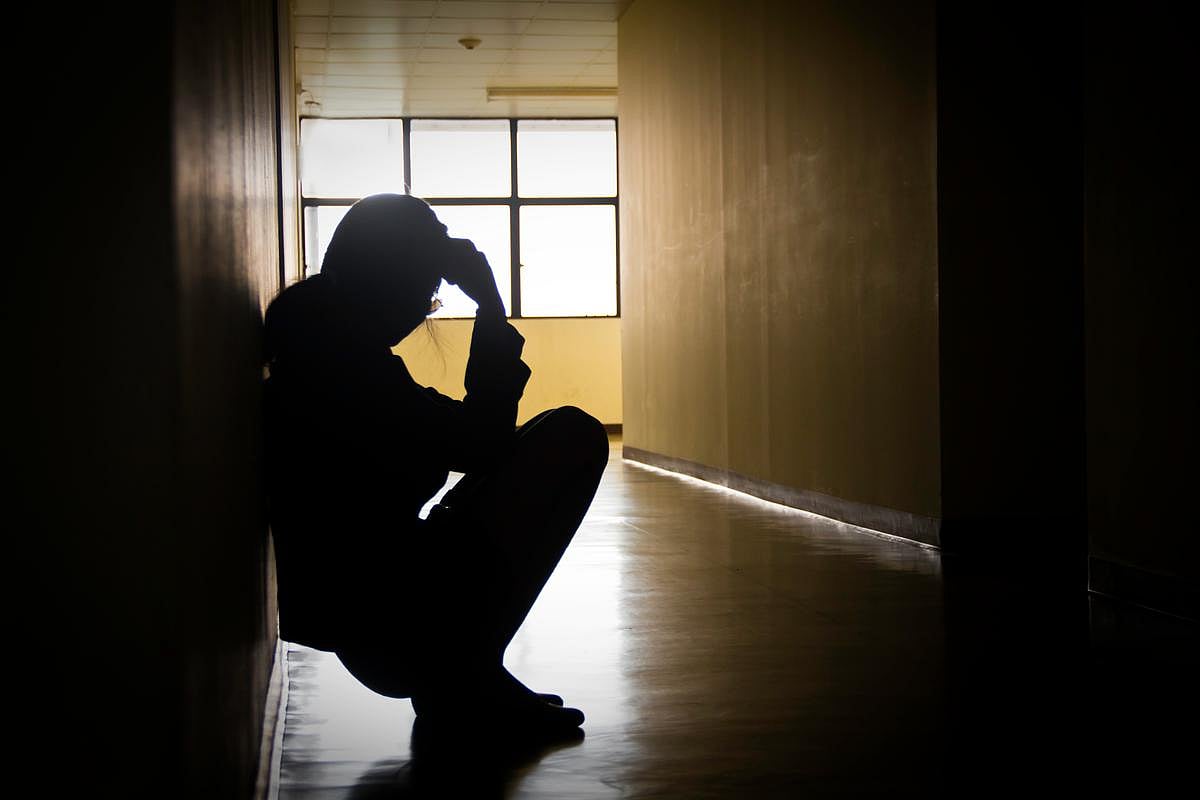Due to a recent change of our website, the process for submitting refill requests online has now changed.
Please click on “Sign Up Today!†to create a new account, and be sure to download our NEW Mobile app!
Thank you for your patience during this transition
Manténgase sano!

- Posted July 10, 2025
Loneliness Preys On Mental, Physical Health
Loneliness dramatically increases a person’s risk of depression and poor health, a new study says.
Half of folks who say they always feel lonely (50%) have clinical depression, compared with just 10% of those who report never feeling lonely, researchers reported July 9 in the journal PLOS One.
They also have many more days when their mental or physical health falters, researchers found.
“People who felt lonely ‘always’ had a fivefold increase in depression risk, 11 more poor mental health days, and five additional poor physical health days per month compared to those who never felt lonely,” lead researcher Dr. Oluwasegun Akinyemi, a senior research fellow at Howard University College of Medicine in Washington, D.C., said in a news release.
“Loneliness is not just an emotional state — it has measurable consequences for both mental and physical health,” his team added. “Addressing loneliness may be a critical public health priority to reduce depression and improve overall well-being.”
For the study, researchers analyzed data gathered between 2016 and 2023 as part of an annual government survey on health risks, involving more than 47,000 people.
More than 80% of people surveyed reported some level of loneliness, but those with higher levels were more likely to suffer mentally and physically, results show.
“What stood out most was how strongly loneliness affected every aspect of health — underscoring the urgency of tackling this hidden epidemic,” researchers wrote.
Some groups were more deeply affected by loneliness than others, researchers found.
For example, women had a higher likelihood of depression and poor mental health than men, across all levels of loneliness.
On the other hand, Black people were less likely to suffer from depression and poor mental health because of loneliness than white individuals, results show.
“Younger adults, women, the unemployed and people with less formal education were more likely to report loneliness,” Akinyemi said. “Loneliness doesn’t only affect the elderly — it cuts across all ages and backgrounds.”
Researchers speculated that loneliness might affect people’s health by triggering their “fight or flight” stress response systems, or by affecting the flow of brain chemicals like serotonin and dopamine.
“These neurochemical changes, in conjunction with the psychological toll of perceived social disconnection, likely amplify the risk for depressive symptoms,” researchers wrote.
Future studies should look into whether reducing a person’s loneliness might improve their physical and mental health, they said.
Unfortunately, it’s not likely that people who feel lonely will seek help on their own, Akinyemi said.
“Admitting loneliness can be perceived as weakness or social failure, which may discourage people from seeking help,” Akinyemi said. “This silence can worsen health outcomes and delay interventions that could prevent long-term harm.”
More information
The Mayo Clinic has more on loneliness.
SOURCES: PLOS One, news release, July 9, 2025; PLOS One, study, July 9, 2025
